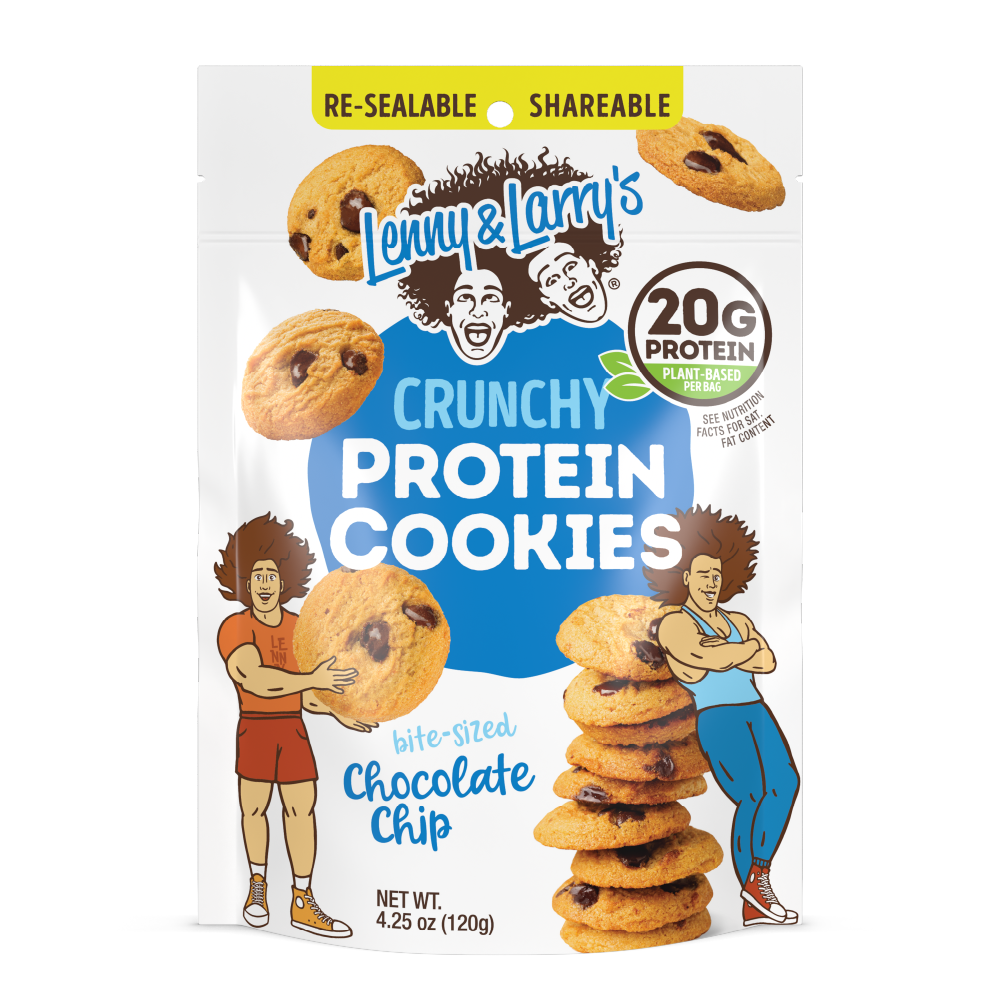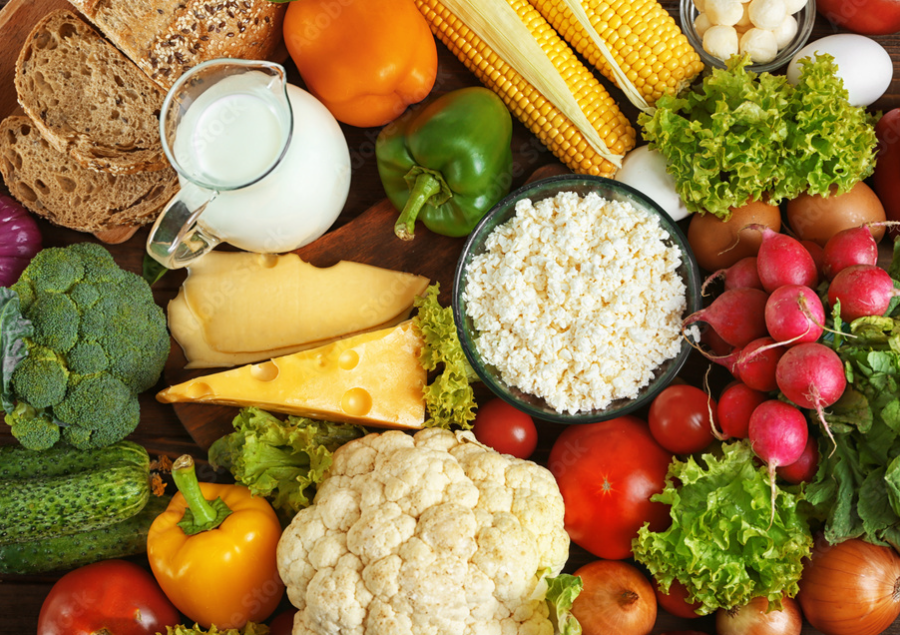Protein isn't as simple as it used to be.
Once upon a time, the general understanding of protein was: meat and dairy. There weren't as many popular options to be consumed by the general public, at least in recent times. In 1939, a company by the name of Worthington Foods was founded to create 'meat analogs', which are meat-like substances made from vegetarian ingredients. In 1975, the same company would create MorningStar Farms, a brand of plant-based meat made of textured soy protein.
Today, the plant-based protein market continues to skyrocket with many industry experts predicting an astounding $162 billion dollar global market value by 2030.
But with all of the hype around plant proteins, what about our 'old-school' proteins? What are the biggest differences? Can we as consumers take advantage of multiple proteins?
Let the 'Protein Games' begin!
The Difference Between Dairy and Plant Protein
On the surface, the difference is quite simple — plant protein is derived from plants while dairy protein comes from cow milk. But when we take a closer look, we start to see a lot of similarities both in terms of what each protein offers and how our bodies use them. This is by no means an exhaustive list of proteins but rather a summary of the most popular proteins from both sides.
PDCAAS of Proteins
Another thing to keep in mind about protein is PDCAAS, which stands for Protein
Outside of soy, all plant-based proteins are considered incomplete due to the missing of one or more essential amino acids. However, we'll discuss a bit later how you can combine both dairy and plant proteins for a BCAA-rich combination.
Dairy Protein
Whey is the most common form of dairy protein consumed by humans which comes from milk. While whey is high in protein, a common problem with whey is the lactose content which many people have a difficult time digesting due to the lactose remaining after processing.
Whey isolate is the opposite. During its processing, the majority of the milk sugar or lactose is diminished, allowing for easier consumption, especially in those with lactose intolerance.
Both whey and whey isolate are considered fast proteins, meaning they both absorb into our bodies quickly. Couple this feat with a large amount of BCAAs, including leucine, and you've got an incredibly popular solution for muscle building and recovery.
Casein protein is also found in milk. Unlike whey protein, casein is absorbed into our bodies at a much slower pace. This causes our muscles to be exposed to the BCAAs at a slower rate which helps to reduce the rate of breakdown in muscle proteins.
Protein Crowd Favorite: Whey isolate
Whey isolate offers the benefits of whey without the debilitating effects of lactose intolerance, making it one of the most popular sources of supplemental protein in the world.
Plant Protein
Pea protein is derived from yellow split peas which is a legume high in fiber and contains all but one essential amino acid called methionine. It's incredibly popular as a pre and post-workout shake due to the protein absorbing a bit faster than casein but not quite as fast as whey.
Soy protein, which is arguably the most well-known of all plant-based proteins, is highly regarded for its overall nutritional value and has the highest Additionally, people who may be looking for non-GMO soy will find that, while available, can be pretty scarce.
Hemp protein is another plant protein that's gaining popularity. Unlike some other plant proteins, it is missing two key amino acids: lysine and leucine. However, it does contain a rich amount of omega-3 which makes it popular as an additive protein.
Brown rice proteins are considered to be adequate as a supplement but come up short of the benefits of whey with regard to muscle building. However, a short study found that brown rice protein could potentially give similar results to whey.
Protein Games Crowd Favorite: Pea protein
Pea protein, being functionally similar to dairy-based proteins, is our top pick for an all-around excellent plant-based protein. Soy is a close second but falls a bit short due to the potential for allergies.
Note: This isn’t an exhaustive list of plant-based proteins — there are tons — but it should serve as a great starting point for exploring some high-impact options to add to your rotation. Some other notable plant-based proteins include:
- Nuts – almonds, cashews, peanuts, pistachios
- Ancient Grains – amaranth, sorghum, teff, farro
- Seeds – pumpkin seeds, chia seeds, sunflower seed butter
Can You Combine Dairy and Plant Proteins?
Yes! Combining dairy and plant proteins is one of the best ways to ensure a complete BCAA profile is consumed. Some people will still prefer to stick with one protein source over the other, but for those who are willing to do a bit of experimenting, there's a suitable protein concoction waiting to be discovered.
And while there's no such thing as the perfect protein, combining different proteins like pea and whey isolate can help you achieve many fitness and dietary goals while delivering a more complete nutritional profile.
 Lenny and Larrys
Lenny and Larrys
